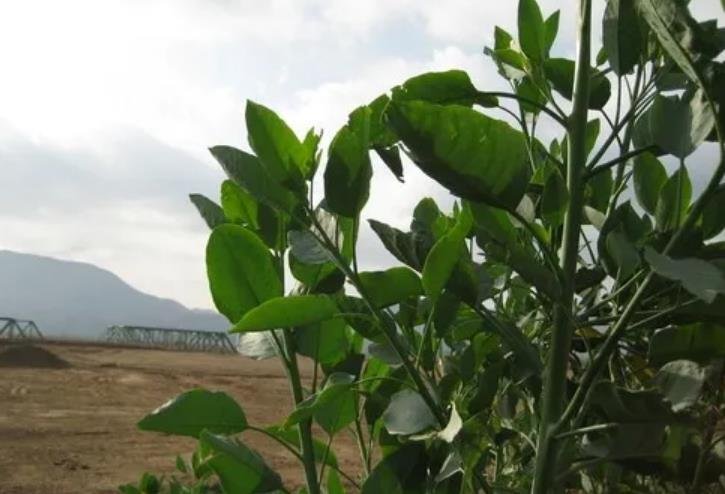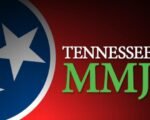Tobacco firms are facing increasing pressure from civil society organisations and governments to pay for the health and environmental damages caused by their products. At a global summit on tobacco control in Panama, activists and officials urged the adoption of a measure that would strengthen the ability of countries to hold the industry liable. The measure, which is supported by several countries, would also help to recover the costs of treating tobacco-related diseases and preventing tobacco use.
The summit, which is taking place from 8 to 13 February 2024, is the tenth Conference of the Parties (COP10) to the World Health Organization (WHO) Framework Convention on Tobacco Control (FCTC). The FCTC is a legally binding treaty that aims to reduce the demand and supply of tobacco products, and to protect public health and the environment from the harmful effects of tobacco.
The summit brings together representatives from 182 parties to the FCTC, as well as observers from civil society organisations, intergovernmental organisations, and the tobacco industry. The summit is expected to adopt several decisions and resolutions on various aspects of tobacco control, such as taxation, illicit trade, alternative products, and tobacco industry interference.

The proposal to hold the tobacco industry liable
One of the most contentious issues on the agenda of the summit is the proposal to strengthen Article 19 of the FCTC, which deals with liability and compensation. Article 19 encourages parties to consider taking legislative or administrative measures to hold the tobacco industry liable for the harms caused by its products, and to provide access to legal remedies for victims of tobacco-related harms.
The proposal, which is championed by Oman, Pakistan, Iran, and co-sponsored by 11 other countries, calls for the establishment of a working group to develop guidelines and tools to assist parties in implementing Article 19. The proposal also requests the WHO to provide technical and legal support to parties, and to report on the progress and challenges of holding the tobacco industry liable.
The proposal is supported by the Network for Accountability of Tobacco Transnationals (NATT), a coalition of civil society organisations that monitors and exposes the tobacco industry’s misconduct. NATT and its allies have launched a petition to make the tobacco industry pay for its harms, which has gathered more than 30,000 signatures from people in 95 countries.
The opposition and response of the tobacco industry
The proposal, however, is opposed by some parties, such as the United States, the European Union, Japan, and Canada, who have raised concerns about the feasibility, legality, and effectiveness of holding the tobacco industry liable. They have also questioned the need and urgency of establishing a working group, and suggested that the issue should be dealt with at the national level.
The tobacco industry, which is represented by the International Tobacco Growers’ Association (ITGA) and the International Tax and Investment Center (ITIC) as observers at the summit, has also criticised the proposal, and claimed that it is based on flawed assumptions and evidence. The industry has argued that holding it liable would violate its rights, harm the livelihoods of tobacco farmers, and create legal uncertainty and instability.
The industry has also accused the civil society organisations of being biased, unaccountable, and influenced by vested interests. The industry has called for more transparency and dialogue in the tobacco control process, and for the recognition of its role and contribution to the economy and society.
The implications and expectations of the proposal
The proposal, if adopted, would have significant implications for the tobacco industry, as well as for public health and the environment. The proposal would enable countries to pursue legal actions against the tobacco industry, and to recover the costs of treating tobacco-related diseases, which are estimated at $422 billion annually by the WHO. The proposal would also deter the tobacco industry from continuing its harmful practices, such as marketing to children, misleading consumers, and interfering with tobacco control policies.
The proposal, however, faces several challenges and obstacles, such as the lack of political will, legal expertise, and financial resources among some parties, as well as the resistance and influence of the tobacco industry. The proposal also requires the consensus of all parties to the FCTC, which may be difficult to achieve given the divergent views and interests of the parties.
The civil society organisations and the proponents of the proposal have expressed their hope and expectation that the summit will adopt the proposal, and that the parties will commit to holding the tobacco industry liable for its harms. They have also urged the parties to reject the tobacco industry’s attempts to undermine the proposal, and to uphold the spirit and principles of the FCTC.
Maria Garcia is an award-winning author who excels in creating engaging cannabis-centric articles that captivate audiences. Her versatile writing style allows her to cover a wide range of topics within the cannabis space, from advocacy and social justice to product reviews and lifestyle features. Maria’s dedication to promoting education and awareness about cannabis shines through in her thoughtfully curated content that resonates with both seasoned enthusiasts and newcomers alike.








